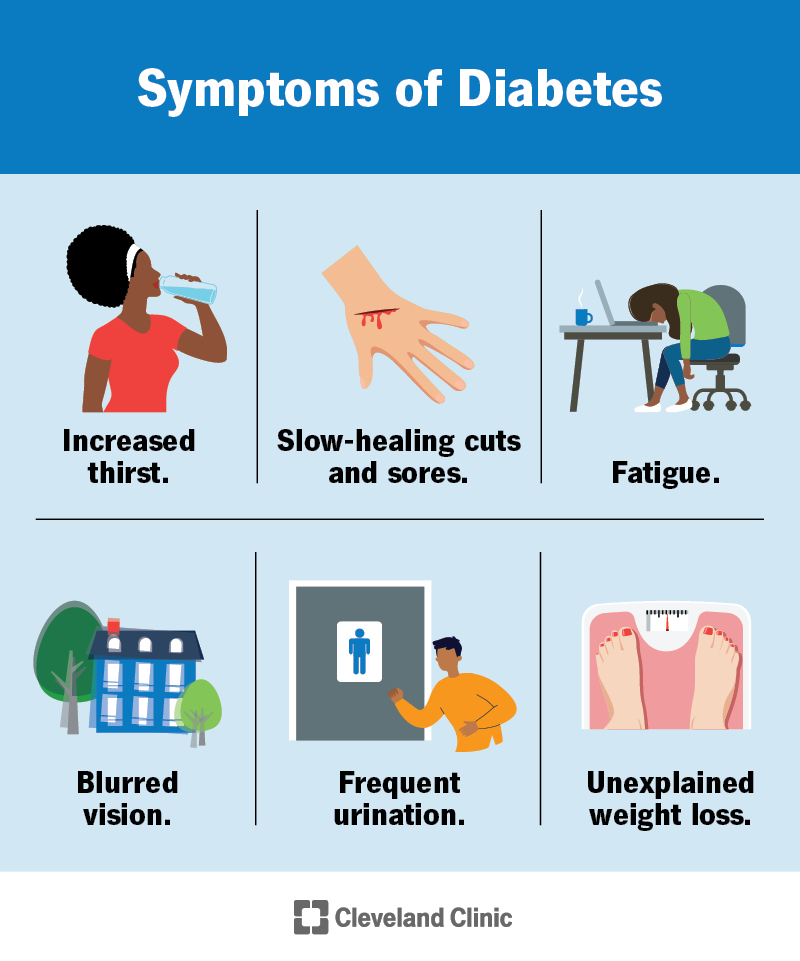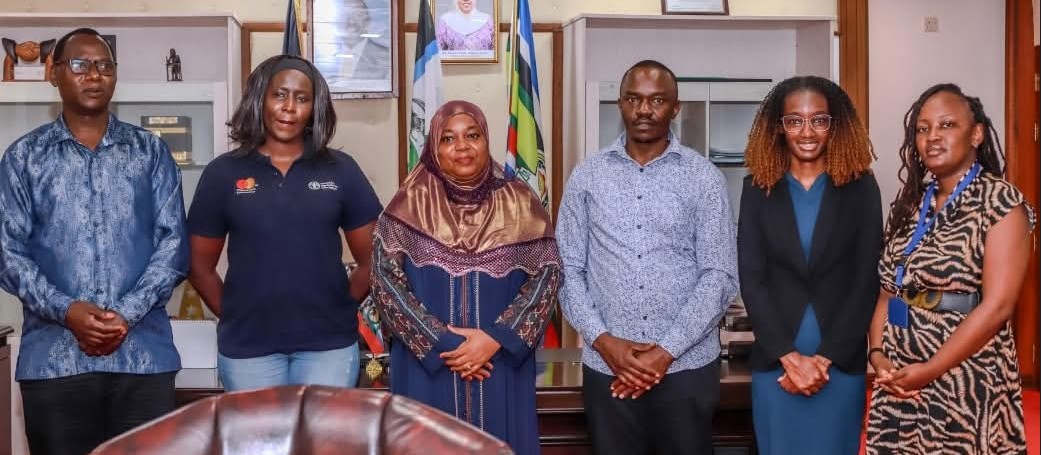The unending struggle of a family breadwinner living with diabetes

Despite his efforts to live healthily, the diagnosis of diabetes has profoundly altered Ombeta’s life.
Franklin Ombeta, a 52-year-old father of four, is enduring a constant, excruciating sensation in his feet that feels like walking on burning coals.
Each step he takes is marred by sharp pain as if he's stepping on pins or thorns, and he's also plagued by troubling numbness. This relentless discomfort has only worsened over the past eight years as he battles type 2 diabetes.
More To Read
- How follow-up programmes bridge treatment gap in non-communicable diseases
- Study shows women under 50 face higher risk of colon growths from ultra-processed foods
- Why gestational diabetes is no longer a temporary pregnancy problem
- WHO issues first global guidelines on diabetes in pregnancy
- Convenient but dangerous: The hidden health risks of ultra-processed foods
- Artificial sweeteners linked to higher diabetes risk, study finds
Despite his efforts to live healthily, the diagnosis of diabetes has profoundly altered Ombeta’s life. “Every day is a struggle,” he says. “The pain makes even simple activities like walking or keeping up with daily tasks incredibly challenging.”
Though he fights to push through, the discomfort and numbness persist, making his daily routine a constant battle.
The medications meant to manage his condition often seem to exacerbate his symptoms, especially since affording them is a continuous struggle. “Sometimes the medication feels like it makes things worse, but I can’t always afford them,” Ombeta explains.
Ombeta dreams of returning to his rural home to resume his chicken farming, a passion that once brought him joy.
However, he's been compelled to remain in Nairobi, working as a security officer. He needs this job to cover the school fees for his youngest daughter, who just started Form One this year.
“I came back to Nairobi to make sure my children get a good education because that’s my top priority,” he says. His commitment to his children's education is unwavering; he returned to Nairobi eight months ago to ensure they have access to good schooling for his four children the eldest being in university.
In addition to his daily pain, Ombeta faces other health challenges. He often experiences severe dizziness, which forces him to lie down and rest. “It’s hard to manage the dizziness and stay focused on my job,” he admits. His vision has deteriorated significantly due to his diabetes, and he struggles to afford regular checkups due to financial constraints. “I know I need to see a doctor regularly, but it's just not financially feasible right now,” he says.
To stay fit, Ombeta walks to work every morning from 5 a.m. to 6 a.m. “Walking helps me manage my health and keep fit, even though it’s tough with the pain,” he explains. This routine helps him maintain some level of fitness despite the constant discomfort.
"As a father, everyone looks to me to provide for the family, and sometimes I’m so stretched thin that I have to choose between buying medication and meeting other needs. When I can, I stock up on the drugs and do my best to keep going. My body has become very weak; even though I don’t always feel pain, I often find myself utterly exhausted."
Costly medication
Living with diabetes can be particularly challenging, especially for those who are the primary breadwinners. The cost of medication varies based on the treatment and healthcare facility, and many people in low-income areas struggle to afford the necessary care. As a result, they often forego additional medical attention, which can worsen their condition over time.
Type 2 diabetes is a chronic condition where the body either resists insulin or doesn’t produce enough of it, leading to high blood sugar levels. Common symptoms include feeling unusually thirsty and needing to urinate more often, especially at night. People with type 2 diabetes may also experience persistent fatigue, blurred vision, slow-healing wounds, unexplained weight loss, and increased hunger even after eating.

Dr Mwaura Esther from a medical facility in Eastleigh explains that type 2 diabetes can lead to various complications, including neuropathy. While neuropathy is commonly associated with diabetes, it can also result from other factors such as injuries, infections, or exposure to toxins.
“Neuropathy is a condition where nerves are damaged and lose sensation, leading to various symptoms. Patients may experience persistent pain, a tingling or pins-and-needles sensation, numbness, and weakness, which can affect their daily life and overall well-being"
She observes that many patients with diabetes often neglect to attend regular check-ups and clinic visits, which can lead to the development of additional health issues.
To manage their condition effectively, Dr. Mwaura advises patients always to wear well-fitting shoes, maintain a balanced diet, exercise regularly, and, most importantly, attend clinic visits for routine evaluations and check-ups.
“Tight shoes can restrict blood flow and increase the risk of injuries,” Dr. Mwaura explains. “It’s also important to trim your nails to prevent potential injuries. Regular clinic visits allow your doctor to detect any abnormalities early, manage your condition effectively, and adjust medication if it isn’t working as expected.”
We usually advise people with diabetes to take extra precautions because high blood sugar can interfere with the wound healing process. “I remember a patient who injured his toe but didn’t give it much attention. Over time, the wound worsened, leading to the amputation of three toes, and it continued to grow until he eventually had to undergo further amputation and, sadly, passed away. We emphasize to diabetic patients the importance of protecting their feet, avoiding tight shoes, and promptly addressing any injuries to prevent serious complications.”
According to the World Health Organisation (WHO), diabetes is a chronic disease that results from insufficient insulin production or ineffective use of insulin, leading to high blood glucose levels. In 2014, 8.5 per cent of adults had diabetes.
By 2019, diabetes caused 1.5 million deaths, with nearly half of these occurring before age 70. Additionally, diabetes contributed to 460,000 deaths from kidney disease and about 20 per cent of cardiovascular deaths. Over the past two decades, age-standardized mortality rates from diabetes increased by 3 per cent, with a higher rise in lower-middle-income countries. However, the global likelihood of dying from major noncommunicable diseases, including diabetes, decreased by 22 per cent between 2000 and 2019.
Top Stories Today











































